Night Sky Network Articles
Astronomy clubs bringing the wonders of the universe to the public
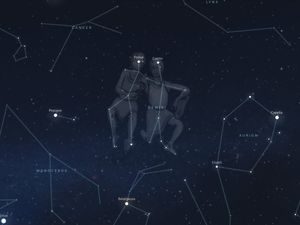
The night skies of February are filled with beautiful star patterns, and so this month we take a closer look at another famous constellation, now rising high in the east after sunset: Gemini, the Twins! If you’re observing Orion, then…
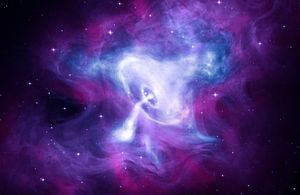
In 2019, Betelgeuse dimmed in brightness, sparking speculation that it may soon explode as a supernova. While it likely won’t explode quite yet, we can preview its fate by observing the nearby Crab Nebula.
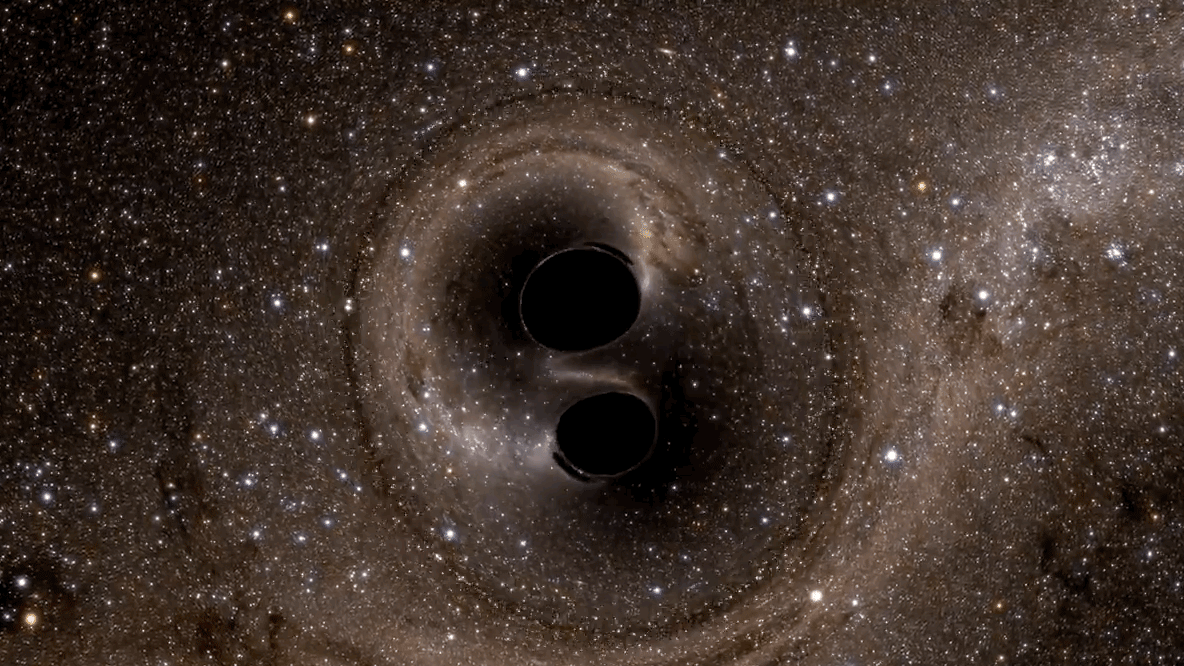
by Kat Troche of the Astronomical Society of the Pacific September 2025 marks ten years since the first direct detection of gravitational waves as predicted by Albert Einstein’s 1916 theory of General Relativity. These invisible ripples in space were first…

International Observe the Moon Night is on October 4, 2025, this year– but you can observe the Moon whenever it’s up, day or night! While binoculars and telescopes certainly reveal incredible details of our neighbor’s surface, bringing out dark seas, bright…
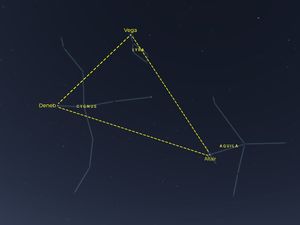
Altair is the last stop on our trip around the Summer Triangle! The last star in the asterism to rise for Northern Hemisphere observers before summer begins, brilliant Altair is high overhead at sunset at the end of the season…
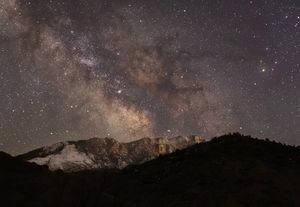
Summer skies bring glorious views of our own Milky Way galaxy to observers blessed with dark skies. For many city dwellers, their first sight of the Milky Way comes during trips to rural areas – so if you are traveling…
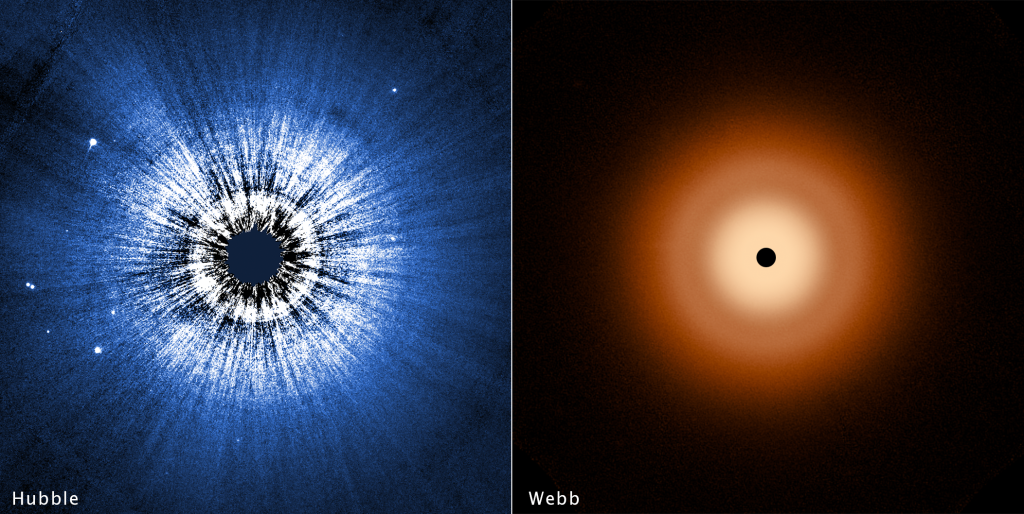
If you live in the Northern Hemisphere and look up during July evenings, you’ll see the brilliant star Vega shining overhead. Did you know that Vega is one of the most studied stars in our skies? As one of the brightest summer…
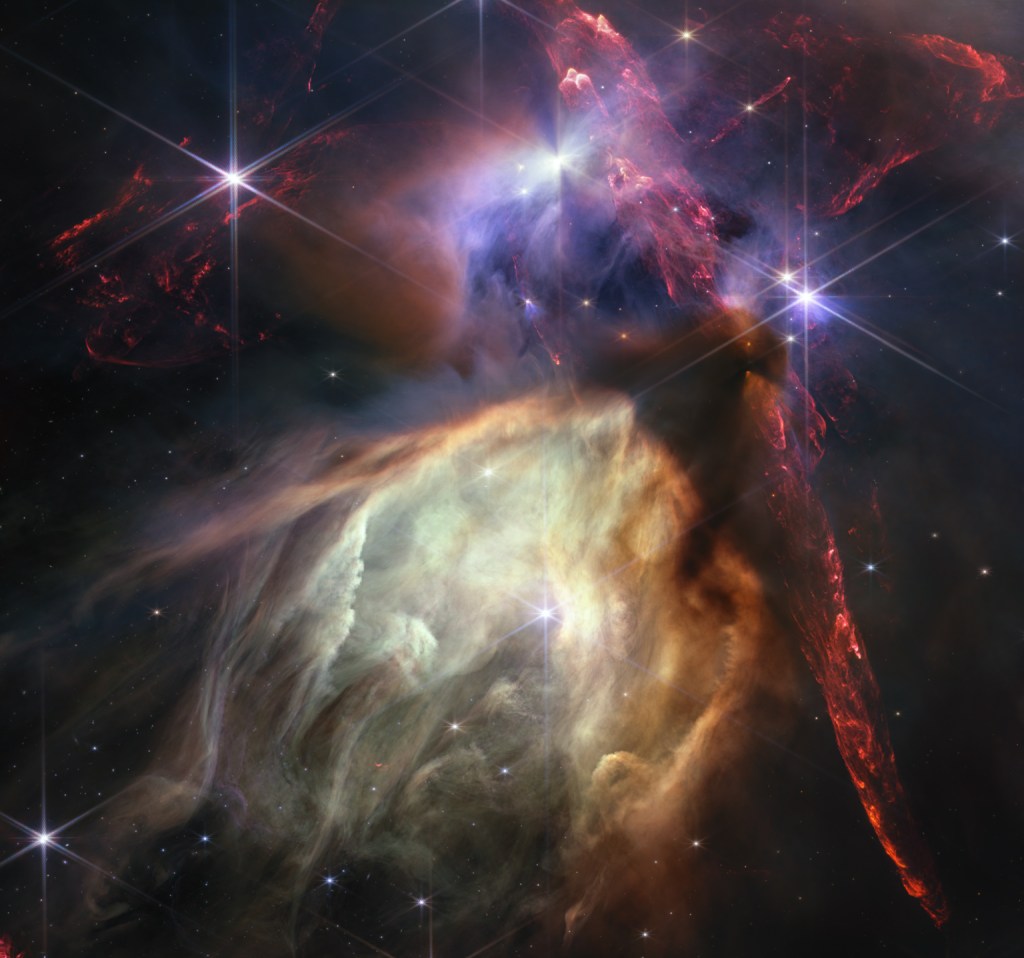
by Kat Troche of the Astronomical Society of the Pacific As summer deepens in the Northern Hemisphere, a familiar constellation rises with the galactic core of the Milky Way each evening: Scorpius the Scorpion. One of the twelve zodiacal constellations,…
.jpg?fit=clip&crop=faces%2Cfocalpoint&w=300)
from NASA’s Heliophysics Education Activation Team (NASA HEAT) and the Astronomical Society of the Pacific/Night Sky Network Have you ever wondered about what the Sun is made of? Or why do you get sunburned on even cloudy days? NASA’s new…

by Kat Troche of the Astronomical Society of the Pacific Here on Earth, we undergo a changing of seasons every three months. But what about the rest of the Solar System? What does a sunny day on Mars look like?…
























